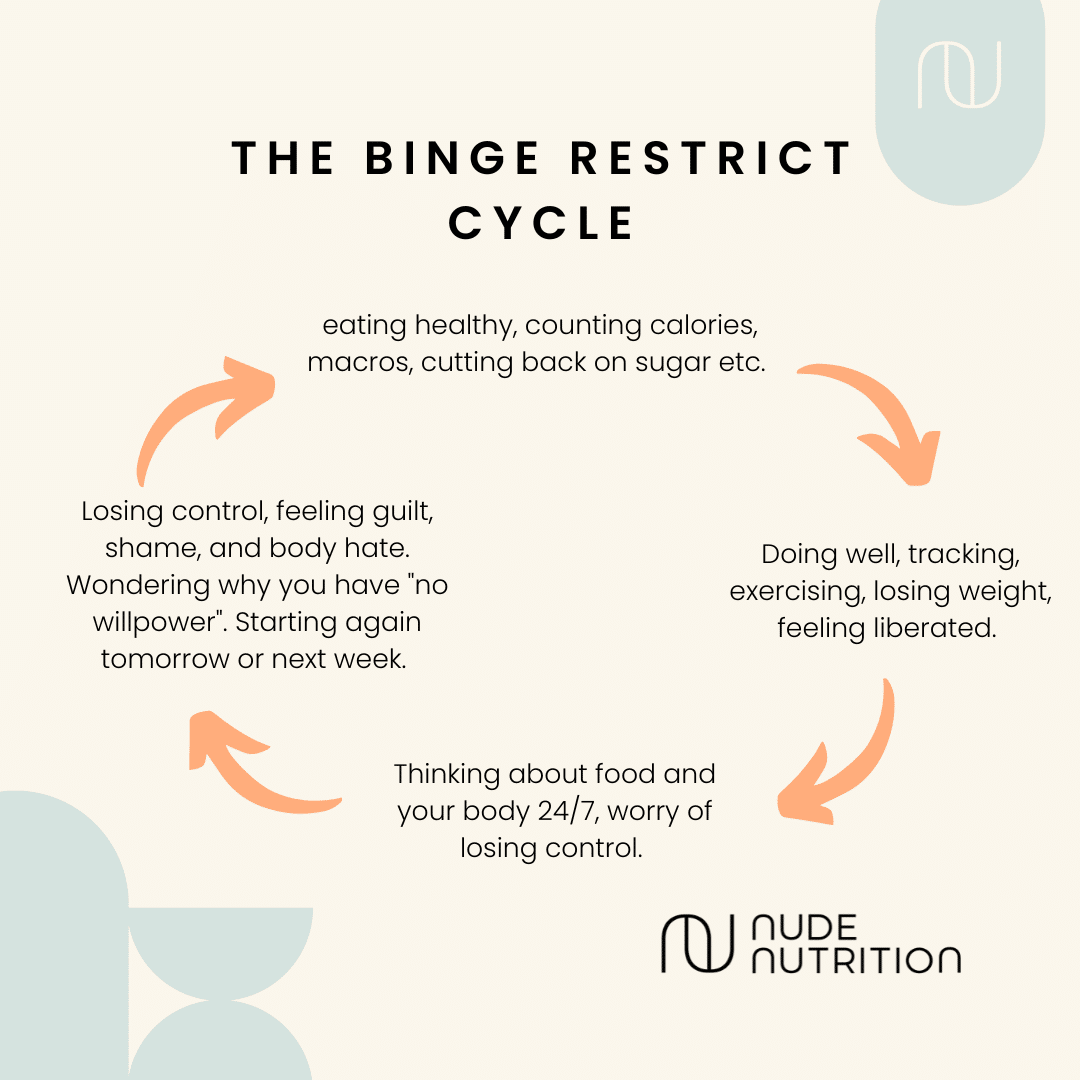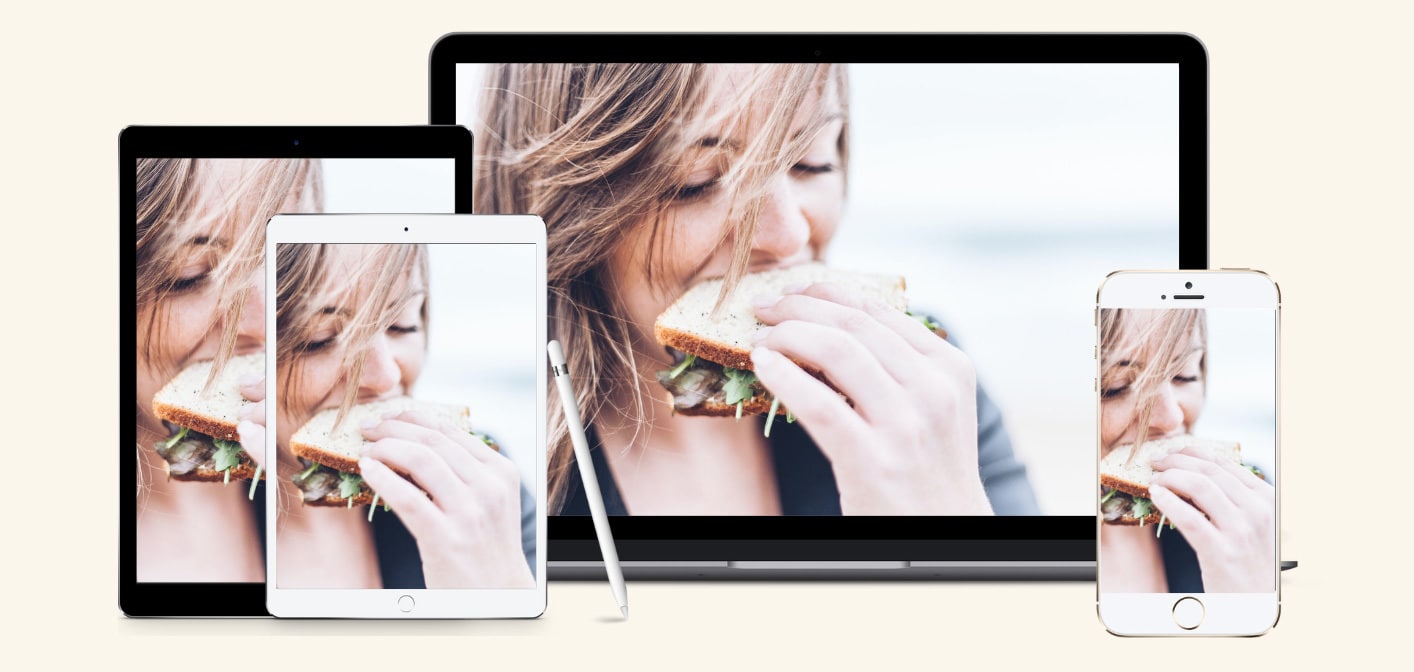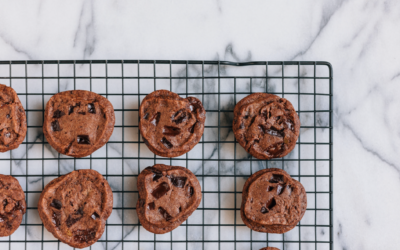What Is Compulsive Eating?
Are you wondering, what is compulsive eating? Perhaps you are worried about yourself or a loved one.
“I feel so out of control with food. It usually happens at night – once I start eating I just feel like I can’t stop and keep eating and eating until I feel stuffed. I’ve tried to stop so many times but I just can’t. I feel powerless to stop myself”
If the above resonates, you are not alone. Compulsive eating is more common than you might think, and the good news is there are proven strategies and treatment options to help overcome it.
If you are wondering why do I compulsively eat? And how can I stop compulsively eating? This article will aim to provide the answers and give tips to help you feel more in control around food again.

Compulsive Eating Vs Overeating
Another term that is often used interchangeably with compulsive eating is binge eating and overeating. It is important to distinguish between normal overeating and compulsive or binge eating.
It is normal to overeat and is part of being human – we can overeat naturally in social settings (hello Christmas lunch) or alone (i.e. Netflix and takeaway). Overeating may be by choice or accident and is when we eat to the point of feeling uncomfortably full. We may overeat because the food tastes really good, when bored or distracted because it comforts us after a tough day or just because it’s there! This is all part of a normal relationship with food, although diet culture may make us feel otherwise.
A binge or compulsive eating episode is different from overeating. It is an intense, involuntary drive to eat that occurs repeatedly over time. It is accompanied by feelings of shame, guilt and loss of control. Binge eating can cause a lot of distress and can greatly affect a person’s mental and physical well-being, as well as the ability to engage in daily life.
Compulsive Eating Symptoms & Signs
How someone experiences compulsive eating can be very individual but some general signs include:
- Eating past satiety or until feeling uncomfortably full
- Eating despite feeling full or not feeling hungry at all
- Eating much more quickly than usual, or eating slowly and consistently throughout the day and/or night
- Eating alone due to shame or embarrassment about the quantity of food consumed
- Feeling disgusted, depressed or guilty after overeating
- Eating impulsively
- Hiding food and eating food out of the garbage
- Eating what most people would think is an unusually large amount of food in one sitting
Does the above sound familiar? If so, keep reading for more info on how to get on top of compulsive eating.
Is Compulsive Eating a Disorder?
There are two diagnosable eating disorders which commonly experience compulsive eating. These are Binge Eating Disorder (BED) and Bulimia Nervosa. However, people who don’t meet the criteria for diagnosis with these eating disorders can still experience compulsive eating.
Binge Eating Disorder
There is a difference between a ‘subjective binge’ (what YOU define as a binge or compulsive eating episode), and an ‘objective binge’ (what a psychologist uses to define an Eating Disorder).
Binge Eating Disorder (BED) is defined as regularly eating a large quantity of food in a discrete time period with a sense of feeling out of control. The binge eating episodes are usually accompanied by three or more following:
- Eating past the point of uncomfortable fullness
- Eating alone due to embarrassment
- Eating faster than usual
- Feeling upset and guilty afterwards
- Eating a large amount of food when not physically hungry
Bulimia Nervosa
Bulimia Nervosa is characterised by the same signs as BED with the key difference being immediate engagement in compensatory behaviours to “make up” for the binge such as vomiting or exercise.
A person with BED or bulimia nervosa can be of any body shape, size or weight.
If you suspect you may have BED or Bulimia, I encourage you to discuss this with your GP. Check out this leaflet from BEAT UK for tips on how to prepare for your appointment. Whilst the rest of this article will likely be relevant in some ways, it is mainly intended for individuals who do not have a diagnosable eating disorder.
What If I don’t meet the criteria for BED or Bulimia Nervosa?
If you don’t meet the diagnostic criteria, it doesn’t mean you aren’t suffering and you still deserve help. A ‘subjective’ binge eating episode may still be accompanied by embarrassment, guilt, eating fast, or eating a large amount of food…. but not enough food to be considered an ‘objective binge’ for a psychologist to diagnose an eating disorder. At Nude Nutrition we work daily with people who struggle with compulsive eating, and most don’t meet the criteria for an eating disorder.
Why do I compulsively eat?
The reasons why we come to struggle with compulsive or binge eating can be layered and highly nuanced. However, they ultimately boil down to ….restrictive eating.
Sounds crazy right? We are too often told to “just find more willpower” but stick with me as I explain how this is actually keeping you stuck in the cycle of compulsive eating.
Research shows that when we place rules around what and how much we eat, we begin to feel more obsessed with it. These rules can be self-inflicted rules that we’ve picked up over the years (e.g. from media, family members), or stem from an external source (e.g. a diet/pursuit of weight loss).
Restriction can be physical or psychological, or both:
- Physical restriction: food is “forbidden/not allowed” under certain circumstances and you are prevented from eating it (by yourself or others). E.g. no lunch before 1 pm, no carbs after x time, points, calorie or meal limit.
- Psychological restriction: when certain foods are labelled as “naughty” or “bad” and we carry guilt and anxiety for wanting to eat them, or actually eating them.
If you’re in the latter, chances are that diet culture has taught you to label foods as “good” and “bad”. This is where we feel “good” for eating a salad, and “bad” for eating a cookie.
Placing a moral value on foods can interfere with our relationship with food in a negative way.
More often than not, food restriction leads to feeling deprived which leads to binge eating. Before you know it, you’re in the continuous restrict/binge cycle that looks like…

So how do we break free from the cycle?
How can I stop compulsive eating?
Finding freedom from compulsive eating is not about training yourself to eat less, or finding more distraction from eating. It’s about getting your needs met, honouring your hunger, and giving yourself more permission to eat foods that truly satisfy you. This is a process and is not something that can be done perfectly or all at once. It is a process you go through to help you realise that you can trust your body and realise that food doesn’t have to control you. Once you stop restricting, the drive to compulsively eat will fade and you can start to enjoy all the fun, meaningful things in life again.
For more nitty-gritty on how to stop compulsive eating check out previous articles we have written:
How to Stop Binge Eating at Night
I’d also encourage you to check out our free 7-day guide:






